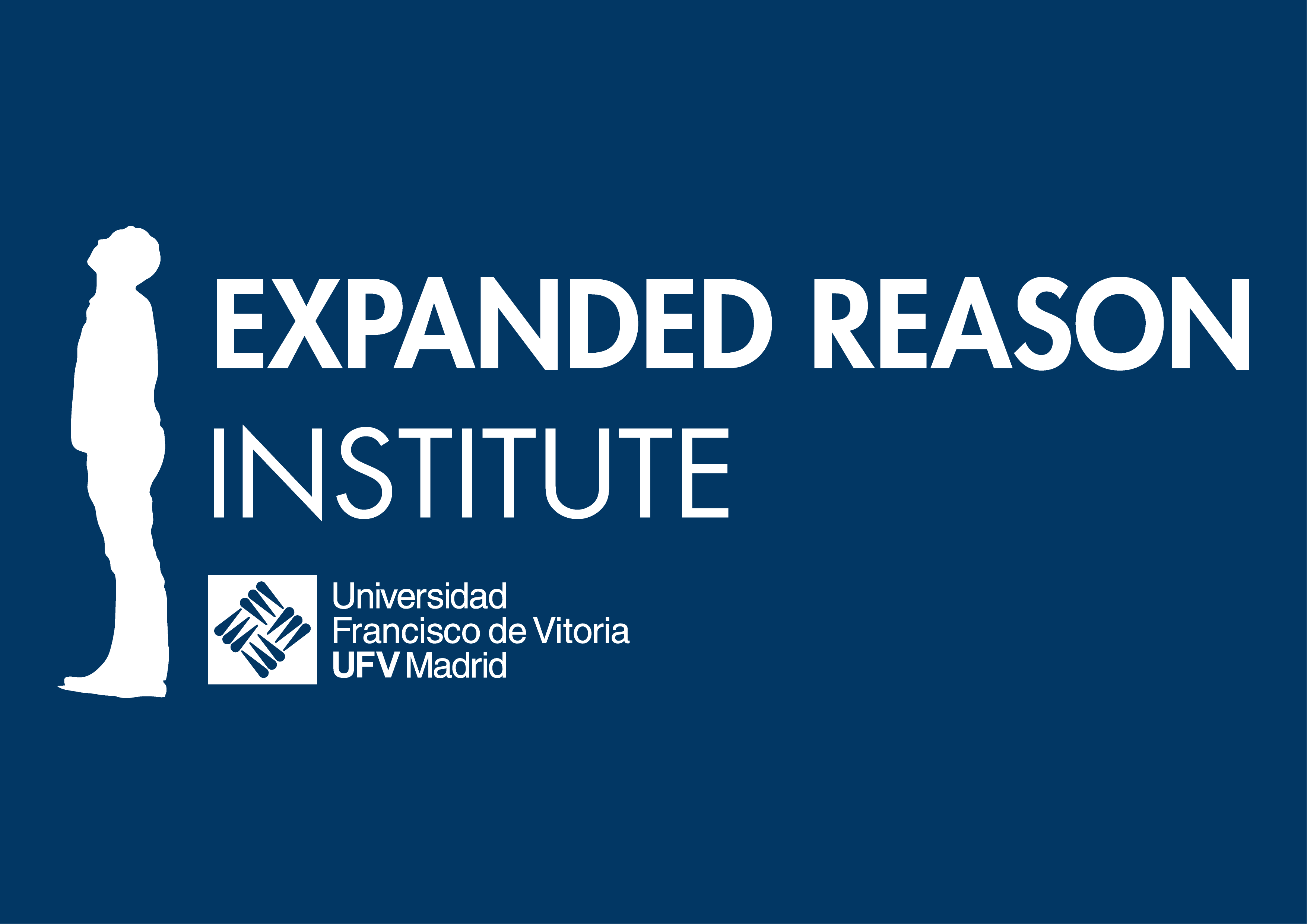Biography
Michael Dominic Taylor

Michael Dominic Taylor, PhD, is a founding member of the International Laudato Si’ Institute of Granada and former assistant professor at the Edith Stein Institute of Philosophy (Archdiocese of Granada, Spain). He is beginning a new position as Visiting Fellow at the Thomas More College of Liberal Arts in Merrimack, NH. He holds degrees in philosophy, bioethics, biology and environmental studies. His interests have always been centered on the illumination of the beauty and wonder of Creation as expressed through ecology, anthropology, ethics, and metaphysics, specifically the participatory “metaphysics of gift.”
He writes on bioethics, environmental ethics, transhumanism, solidarity, economics, integral ecology, theology of the body, Dante, and Thomistic metaphysics. He is the author of The Foundations of Nature: Metaphysics of Gift for an Integral Ecological Ethic (Cascade, 2020), a work that expands upon the groundwork laid in his first publication, Towards an Integral Ecological Ethic: The Renewal of Metaphysics in the Thought of Stratford Caldecott (2017).
With this book, Taylor proposes a new ontological foundation for the fields of ecological ethics and bioethics alike, as two sides of the same coin. Metaphysics of gift, founded in the fundamental recognition of the gift of existence, represents the widest possible paradigm, most adequate to appreciate the depths of reality. This proposal contends with the fact that virtually all modern and postmodern thought has lost the ability to hold together both our intrinsic relationality to all other created beings, and the radiant unity of truth, goodness, and beauty of creation. Both the technocratic paradigm that views all of nature mechanistically, with indifference towards the good, and its antagonists – the eco-philosophies that attempt to emphasize relationality and the intrinsic value of non-human creatures – carry partial truths that must be recognized but that are insufficient for a truly integral ecology.
At the same time, a metaphysics of gift can reorient and restore bioethical principles and procedures, often subverted by their own unacknowledged ontology, towards a trajectory that brings a new radiance to the meaning of freedom, autonomy and consensus that is built upon and upholds solidarity. This more radical alternative is rooted in the classical tradition and yet is fresh and vibrant, founded in the metaphysical synthesis of Aquinas and its subsequent developments by Ferdinand Ulrich, Erich Przywara, Hans Urs von Balthasar, and David L. Schindler, among others. Based in the giftedness of existence shared by all, a metaphysics of gift offers a deeper and more satisfying vision of all things, one that can restore hope in our common future, transform our relationships with the most vulnerable of our human brothers and sisters as well as the rest of creation, and speak to every aspect of human existence.


